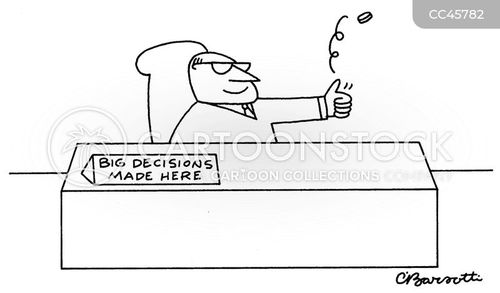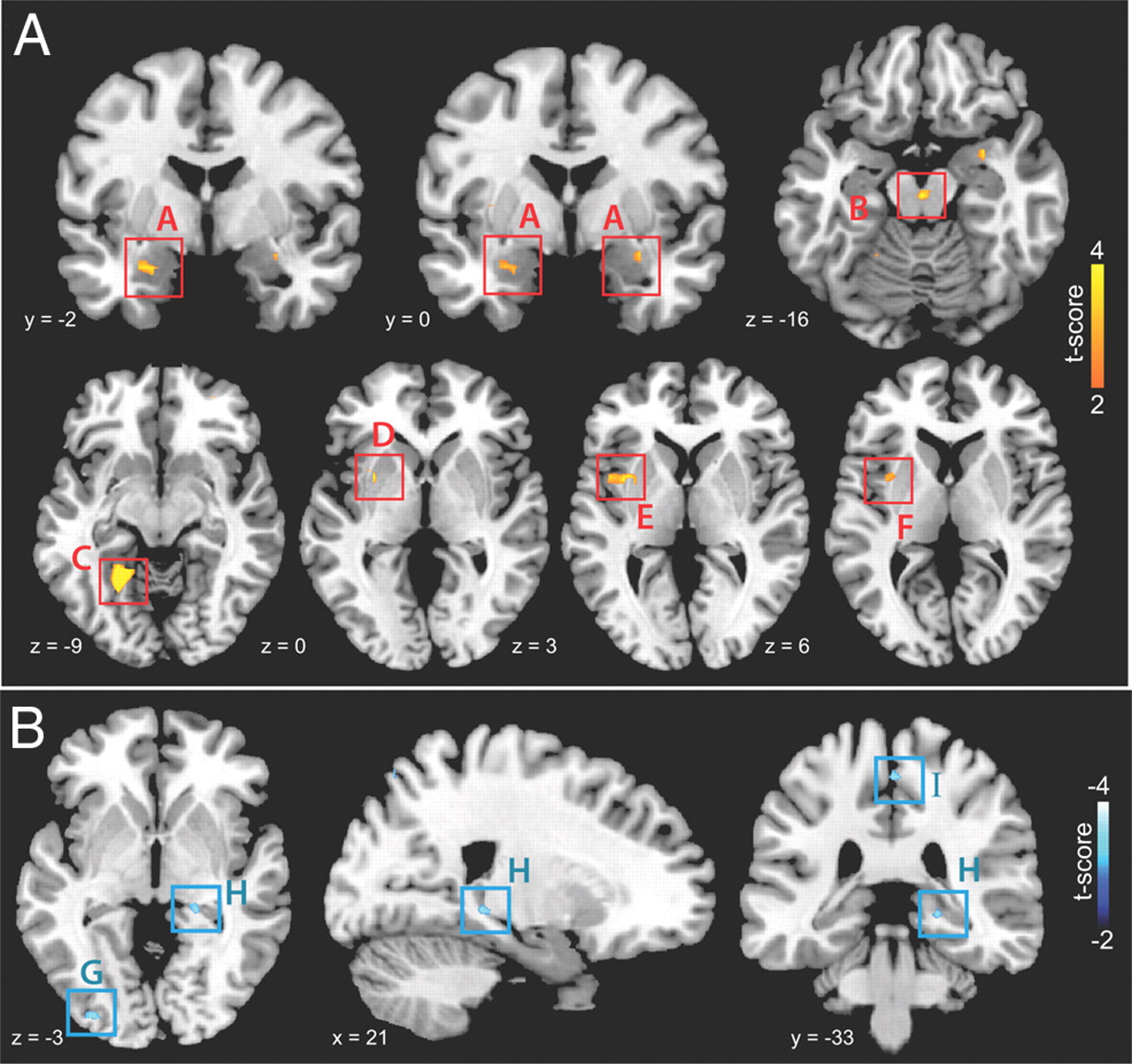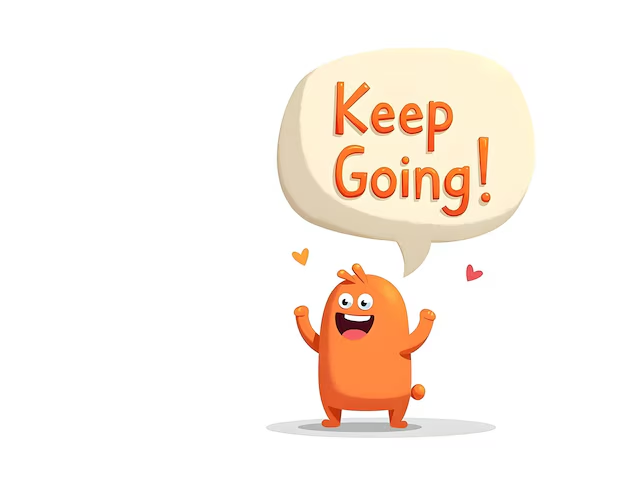News & Blog
How do I make faster decisions as a CEO?

One of the most underrated skills for a startup CEO is making decisions quickly. Not perfectly—quickly.
Slow decisions drag everything down. They sap momentum, create confusion, and give competitors time to catch up. Fast decisions, on the other hand, are like hitting the gas pedal on the company. People know what to do, priorities become clear, and energy goes up. The surprising part is that the quality of your decisions often doesn’t get worse when you make them faster. Sometimes it gets better.
When I was running my startup, I used to agonize over decisions. I’d tell myself I was being “thorough,” but really I was often just avoiding the emotional discomfort of choosing. It took me a while to realize that most decisions aren’t actually that high-stakes. So just make them!
Jeff Bezos has a good mental model for this: Type 1 vs. Type 2 decisions. Type 1 are one-way doors—hard to reverse, expensive to undo. Type 2 are two-way doors—easy to reverse, low cost. CEOs tend to treat almost everything like a Type 1 decision. That’s why they get bogged down. In reality, the vast majority are Type 2, and for those, the faster you decide, the better.
The other trap is leaving decisions open-ended. You start discussing something- marketing channels, hiring strategy, a new feature—and you don’t say when you’ll actually decide. A week goes by, then two, and suddenly the original urgency is gone. Good CEOs set deadlines for decisions. Not because they’re impatient, but because they know decisions decay over time. Information gets stale. People lose context. Momentum leaks out.
Timeboxing helps. First timebox how long you’ll gather information. Then timebox how long you’ll deliberate. You’ll be amazed how often decisions that used to take weeks can be made in days, or even hours, when there’s a clear forcing function.
Another simple but powerful move is to clarify who decides and how. A lot of “slow decisions” aren’t really slow because they’re hard—they’re slow because ownership is fuzzy. If you don’t say, “I’m the decider” or “Jane’s the decider,” the conversation meanders. People debate endlessly because no one has the authority to close. Before diving into options, define the decider, the key criteria, and the level of acceptable risk. This alone can cut decision time dramatically.
And then there’s perfectionism. CEOs love to get things right. But chasing perfect decisions is a trap. A good rule of thumb is: if you’re 70% confident and the decision is reversible, make it now. Speed creates optionality. You’ll get real-world feedback faster than you ever will from more analysis. Most CEOs overestimate the cost of a wrong decision and underestimate the cost of a slow one.
Fast decision-making also benefits from rhythm. I’ve seen CEOs do weekly “decision reviews” with their exec teams. They go through all the open decisions, clear the queue, and move on. Some keep a lightweight decision log to track what they decided and why. It’s not bureaucracy; it’s institutional memory. It also builds confidence over time—when you revisit past decisions, you realize how many turned out fine even with incomplete data.
Delegation is part of this too. If every decision flows through you, your company will crawl. Set clear standards for what your team can decide without you. The faster they move, the faster the company moves.
Finally, let’s talk about psychology. Many slow decisions aren’t really intellectual - they’re emotional. Fear of being wrong. Conflicting stakeholder pressure. Lack of clarity on priorities. Decision fatigue. These are real. But they’re also manageable.
Sometimes it helps to say out loud, “The cost of not deciding is X.” Or to ask, “What would a decisive CEO do here?” Or just to sleep on it once, but not ten times. You don’t have to be fearless, but you do have to be aware of when fear is driving delay.
Mental models help too. Is this a one-way or two-way door? Are we optimizing for upside or minimizing downside? Are we reasoning from first principles or following a playbook? If this were obvious, what would we do? These little shortcuts don’t dumb down your thinking—they focus it.
The truth is, CEOs who make fast, good-enough decisions consistently beat those who occasionally make “perfect” decisions slowly. Decisiveness compounds. It accelerates everything around you. Your company will move at the speed of your decisions.
If you want to get better at this, don’t start by becoming smarter. Start by becoming faster.
.png)


